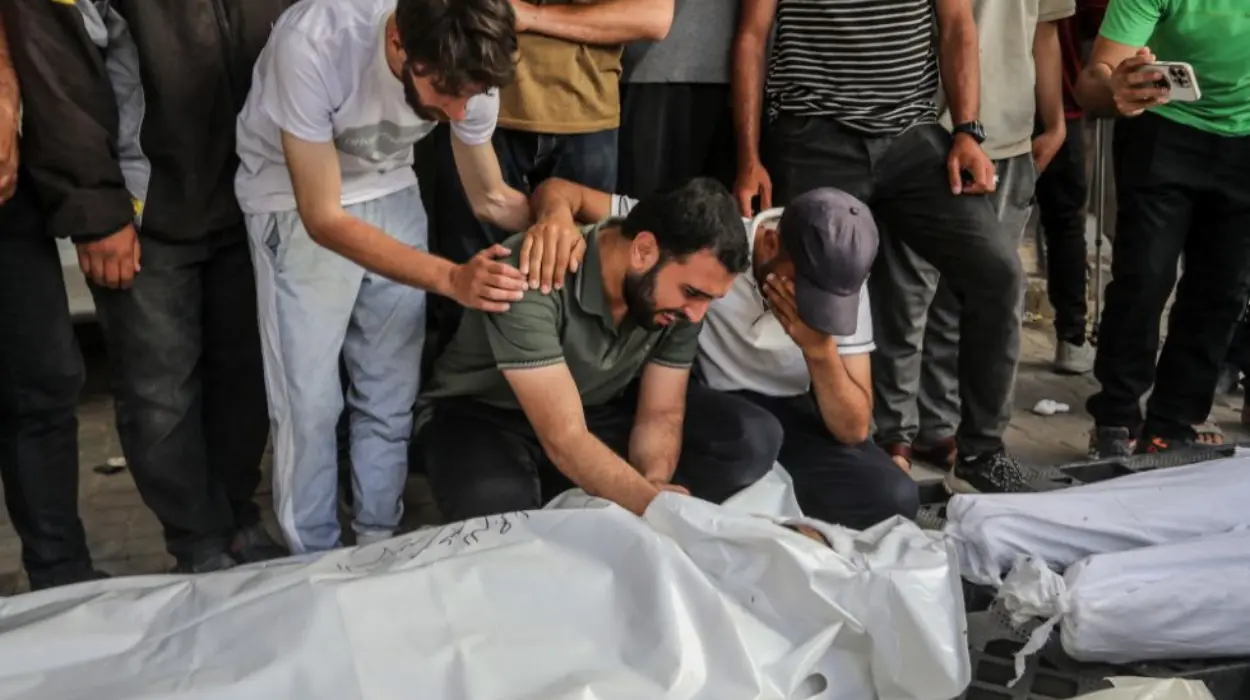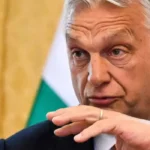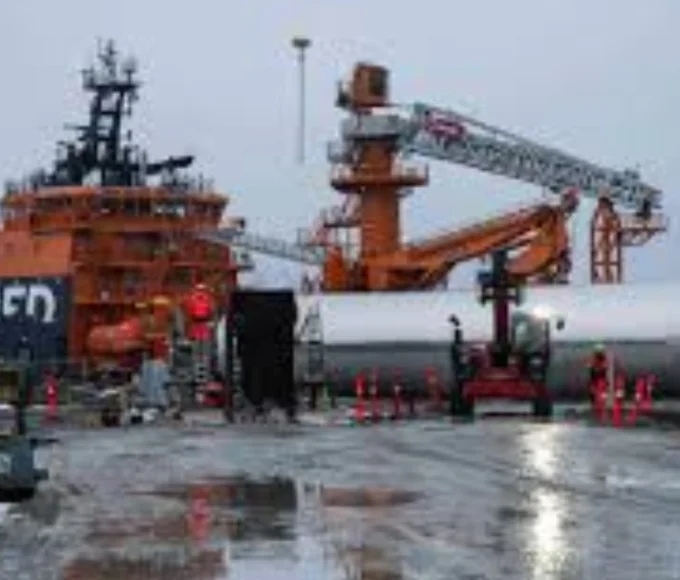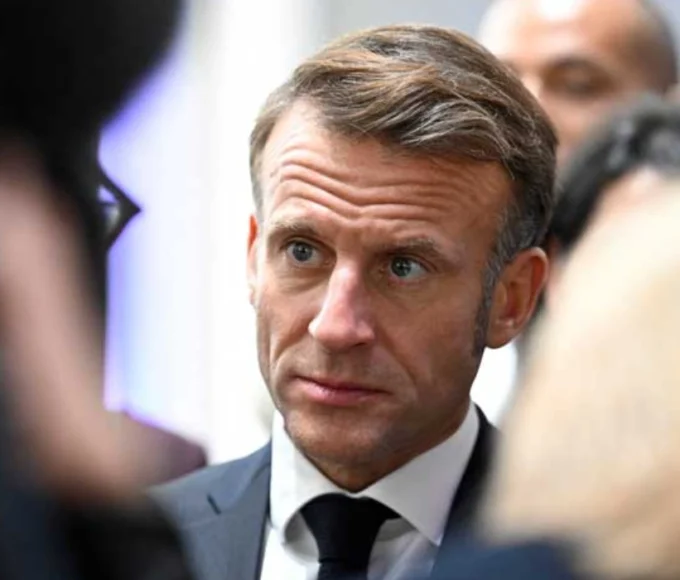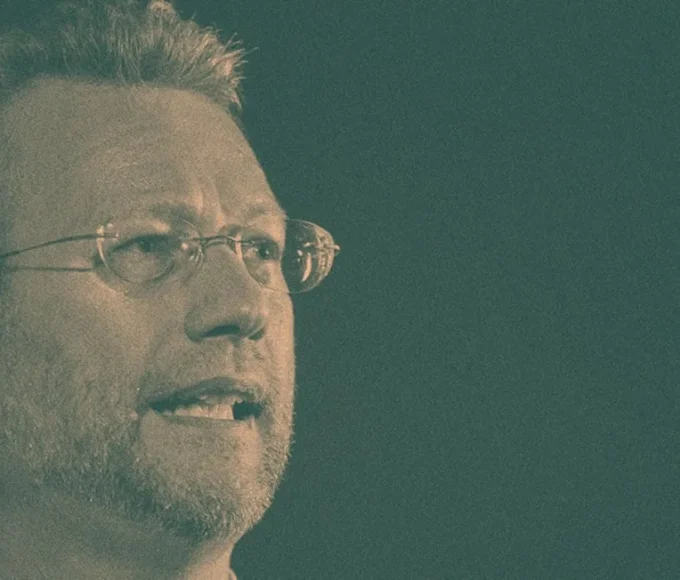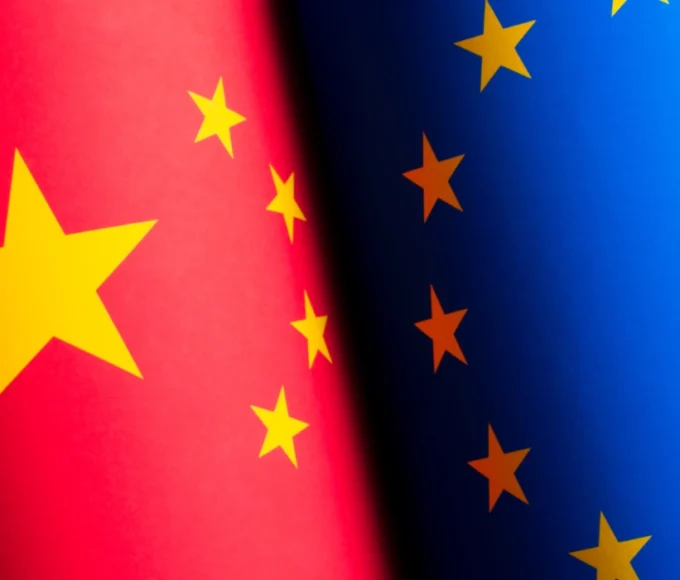Europe is confronting a profound crisis as the ongoing siege of Gaza and escalating violence raise urgent questions about genocide and war crimes. Since March 2, 2025, Israel’s total blockade of Gaza has cut off all humanitarian aid, food, fuel, and electricity, including to critical infrastructure like the main desalination plant, exacerbating a humanitarian catastrophe. This siege, combined with resumed bombing campaigns, has drawn sharp condemnation from human rights groups and exposed deep divisions within the European Union’s diplomatic response. Meanwhile, the EU is grappling with a surge in genocide investigations and the challenge of balancing diplomacy with accountability.
EU’s Diplomatic Dilemma Amid Gaza Crisis
Humanitarian Siege and International Law Violations
The Israeli blockade of Gaza has effectively sealed the territory from all external supplies, including essential medicine and food, leading to widespread civilian suffering. The cut-off of electricity to Gaza’s main desalination plant threatens access to clean water for millions. These actions violate international humanitarian law and have been labeled by many observers as contributing to conditions that could amount to genocide.
Despite mounting evidence of war crimes, EU leaders have largely refrained from explicitly condemning Israel or naming the situation as genocide. Amnesty International’s Eve Geddie sharply criticized this stance, calling it a “shameful attempt to justify Israel’s genocide and war crimes against Palestinians.” She accused the EU of selective compassion and warned that continued arms shipments from EU countries to Israel breach Geneva Conventions obligations1.
EU’s Internal Divisions and Arms Exports
The EU’s response has been marked by internal disagreements, with some member states continuing arms exports to Israel even as humanitarian conditions deteriorate. This contradiction undermines the EU’s stated commitment to human rights and complicates its diplomatic position. Eurojust’s President Ladislav Hamran highlighted the EU’s increasing efforts to investigate genocide and war crimes, but stressed that political will is essential to translate investigations into justice.
Surge in Genocide Investigations in Europe
Growing Legal Focus on Genocide and War Crimes
The European Union has witnessed a significant rise in genocide and war crimes investigations over recent years. By 2018, there were 1,430 new investigations, totaling 2,943 pending or ongoing cases. This increase reflects the EU’s enhanced prioritization of fighting impunity for atrocities, supported by the Genocide Network established in 2002 to facilitate cooperation among national authorities.
Historical Context and Legal Precedents
Europe’s reckoning with genocide is informed by painful historical episodes such as the Darfur genocide, which caused approximately 300,000 deaths and displaced over 2 million people, and the 1995 Srebrenica massacre, where 8,000 Bosniak Muslim men and boys were systematically murdered. The latter remains the largest mass murder in Europe since World War II and led to life sentences for perpetrators Radovan Karadžić and Ratko Mladić, setting important judicial precedents.
Challenges of Genocide Denial and Prevention
Legal and Political Obstacles
Genocide denial remains a major obstacle to justice and prevention. While some countries criminalize denial, others, including the United States, resist such laws citing freedom of speech concerns. The United Nations recognizes denial as a criminal act that can fuel recurrence of genocide, emphasizing the need for education and accountability.
EU’s Commitment to Responsibility to Protect
Josep Borrell, EU High Representative for Foreign Affairs, reaffirmed the EU’s commitment to the Responsibility to Protect doctrine, which obliges states to prevent genocide and atrocity crimes. However, critics argue that this commitment is undermined by the EU’s reluctance to take decisive action in Gaza and other crisis zones, highlighting a gap between rhetoric and reality.
Europe stands at a critical juncture in addressing genocide in plain sight. The humanitarian crisis in Gaza, coupled with the EU’s growing legal focus on genocide investigations, exposes tensions between diplomacy and justice. Human rights organizations urge the EU to move beyond diplomatic ambiguity, halt arms exports that enable violations, and ensure accountability for war crimes. The continent’s historical experience with genocide demands a robust and unequivocal response to prevent further atrocities and uphold international law.


